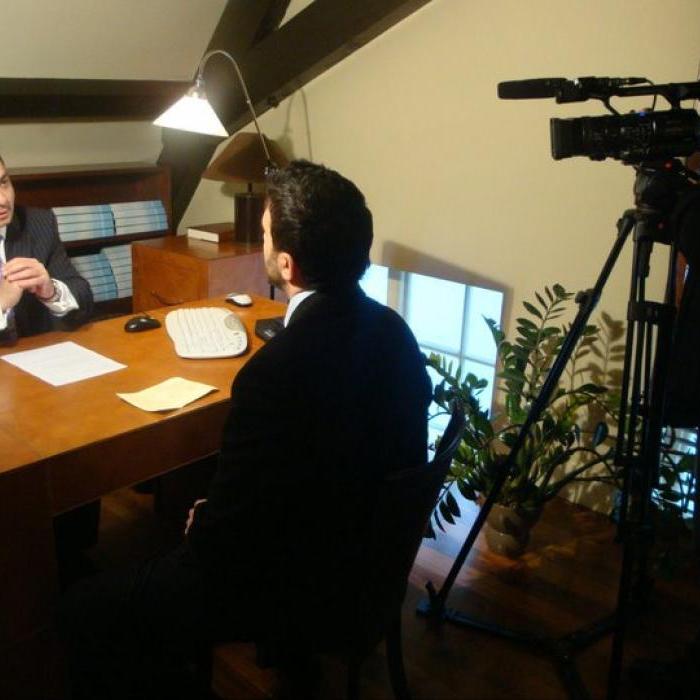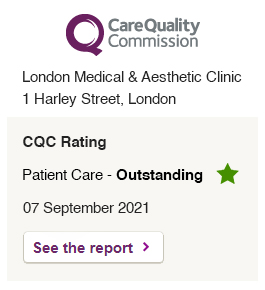Dr Ayham Al-Ayoubi: More than five million Britons have visited their doctors last year complaining of a blocked nose.
In many cases, this condition is due to a cold and will pass. But some people’s symptoms – including breathing problems, sneezing, inability to smell and taste, and poor sleep – can last for months, or years.
The reasons for such symptoms include allergy, as suffered by Eva Longoria, who is sensitive to perfume, and seasonal allergic rhinitis (hay fever) which is said to affect Kate Winslet, while Jennifer Aniston has reportedly had surgery for a deviated nasal septum.

ENT
Dr Ayham Al-Ayoubi, an ENT and facial surgeon at London’s Chase Farm Hospital, says: ‘If you haven’t been able to breathe properly for two months you should see a doctor. It is likely to be an underlying problem with a simple solution.’
So what makes us so stuffed up and what can we do about it? Here experts flag up symptoms to be aware of, what they could mean and what can be done . . .
1 WARNING SYMPTOM: You sneeze on smelling an allergen such as perfume, dust or animal hair
COULD BE: Allergic rhinitis; an inflammation of the nasal passageways. The allergen triggers the production of immunoglobulin E (IgE) antibody, which binds to cells containing histamine and causes a blocked and runny nose.
EXPERT OPINION: Forty per cent in the UK may have some form of this.
TREATMENT: Antihistamine tablets or steroid nasal sprays. In extreme cases heat is applied to create scar tissue and open up the airway.
2 WARNING SYMPTOM: Sprays and drugs have no effect
COULD BE: Deviated septum. The septum is a wall of cartilage and bone dividing the nasal cavity into two nostrils. Sometimes, through an injury in childhood, it becomes slightly distorted, interfering with breathing in adulthood.

ENT
Dr Ayham Al-Ayoubi, an ENT and facial surgeon at London’s Chase Farm Hospital.
EXPERT OPINION: ‘A deviated septum can disrupt the nasal cycle,’ says Dr Ayham Al-Ayoubi. ‘For six to eight hours a day, one nostril does 80 per cent of the work, then the other nostril takes over. If the septum is damaged, the stronger side will function at only 40 per cent capacity.’
TREATMENT: ‘Surgery is the only option. A septoplasty is carried out under general anaesthetic to straighten the septum.’
3 WARNING SYMPTOM: You blow your nose and usually nothing comes out
COULD BE: Nasal polyps – swellings on the lining of the sinuses that may block the nasal airways.
EXPERT OPINION: Mr Nicholas Eynon-Lewis, consultant ENT surgeon at St Bartholomew’s Hospital, London, says: ‘Symptoms include loss of smell, mucus draining down the throat and a change in your voice. Polyps can block the drainage of the sinuses and lead to sinusitis.’
TREATMENT: ‘Polyps can be treated with steroid nasal drops or spray and may require oral steroids. If symptoms don’t improve, surgery may be necessary.’ This will reduce the risk of them returning, though they often do.
4 WARNING SYMPTOM: You feel as though you have permanent flu
COULD BE: Seasonal allergic rhinitis (hay fever), an allergy to pollen.
EXPERT OPINION: ‘Sufferers may experience headaches and flu-like symptoms such as aching and shivering alongside a blocked or runny nose,’ says ENT Surgeon Myles Black at East Kent Hospital University Trust.
TREATMENT: If symptoms affect only your nose, try antihistamine sprays such as Azelastine. Decongestants like Mometasone are effective at reducing swelling in the nose and clearing the blockage. ‘Don’t use for more than a few days as these can cause “rebound congestion” where the spray causes a blocked nose,’ says Mr Black. Prescription steroids, which ease inflammation, can be used more frequently.
Dr Ayham Al-Ayoubi says: ‘If you haven’t been able to breathe properly for two months you should see a doctor. It is likely to be an underlying problem with a simple solution.’
5 WARNING SYMPTOM: Blocked nose in the evenings
COULD BE: Non-allergic rhinitis, when the inside of the nose is swollen and inflamed. Caused by dry, air conditioned offices and large turbinates (bits of bone just inside the nose) causing the nasal lining to be swollen and inflamed.
EXPERT OPINION: Symptoms get gradually worse and it may take until the age of 40 before becoming a real problem. ‘Blood supply increases to the nose in the evening, so symptoms will be exacerbated then,’ says Dr Ayham Al-Ayoubi. Medications including beta-blockers, aspirin and the Pill can cause a blocked nose.
TREATMENT: ‘Work with windows open,’ says Dr Ayham Al-Ayoubi, ‘Try a nasal decongestant spray to reduce swelling. In acute cases, enlarged turbinates can be treated with lasers.’
6 WARNING SYMPTOM: Childhood snoring
COULD BE: Adenoids, small glands at the back of the nose that usually disappear by adulthood. Enlargement can cause breathing problems in children. Breathing through the mouth rather than the nose causes snoring.
EXPERT OPINION: Most problems disappear by the age of ten.
TREATMENT: Can be surgically removed. ‘As they rarely affect adults, if there is a problem this needs investigation to rule out the possibility of a (rare) cancerous growth,’ says Dr Al-Ayoubi.
7 WARNING SYMPTOM: Your face hurts all the time
COULD BE: Sinusitis. The sinuses are air-filled spaces within the bones of the face, around the nose, lined with mucus-producing cells to prevent the nose drying out. Sinusitis is inflammation of this lining.
EXPERT OPINION: Usually it gets better within a month (acute sinusitis). If it lasts more than 12 weeks, it’s called chronic sinusitis. You may also get an excess of green or yellow phlegm.
TREATMENT: ‘It’s usually caused by a virus so won’t respond to antibiotics,’ says ENT surgeon and consultant otolaryngologist Mr Nabil Salama at the BMI The Blackheath Hospital. A warm flannel on the face can ease pain and discomfort. ‘In some cases, sufferers will be offered an operation known as balloon sinuplasty to open and drain the sinuses.’

Dr Ayham Al-Ayoubi explained to the Daily Mail about causes and treatments for nasal obstruction in children
8 WARNING SYMPTOM: You feel anxious and irritable
COULD BE: An overactive thyroid, which also causes shaking, weight-loss and anxiety.
EXPERT OPINION ‘An overactive thyroid produces excess thyroid hormones. This speeds up metabolism and increases blood supply to the nose, which may cause it to feel blocked,’ says Mr Salama.
TREATMENT: Sufferers can be given a dose of radioactive iodine. As the radioactivity builds up, it destroys some thyroid tissue, allowing thyroid hormones to drop to normal. Your doctor may suggest an operation to remove all or part of the thyroid gland.

ENT
Dr Ayham Al-Ayoubi was interviewed by the Daily Mail about nasal obstruction.
Oscar nominated actor George Clooney freely admits that he has problems with insomnia. He even says that he’s done some of his best screenwriting during a bout of sleeplessness.
Although George Clooney claims to be routinely in bed by 10 pm, he has a hard time falling asleep, and he wakes up several times during the night.
George Clooney claims that he has to have the TV on in order to fall back asleep.

ENT
Dr Ayham Al-Ayoubi talked to the Daily Mail about causes and treatments for nasal obstruction.
Rumors were swirling that Tom Cruise is a loud snorer. Cruise has gone so far as to construct a Snoratorium, “a padded and atmospherically-controlled rooms where he can snore away undisturbed.”
A recent visitor to Cruise’s home described the room as ” … very small, comfortable and dark, maybe a former nursery. Whoever uses the snoring room cannot be heard outside the locked door.”
You may giggle at the thought of Cruise in his “snore bunker” but for millions of people, snoring is no laughing matter.
Read more about Celullaze, click here
To read all of Dr Ayoubi’s posts, click here





